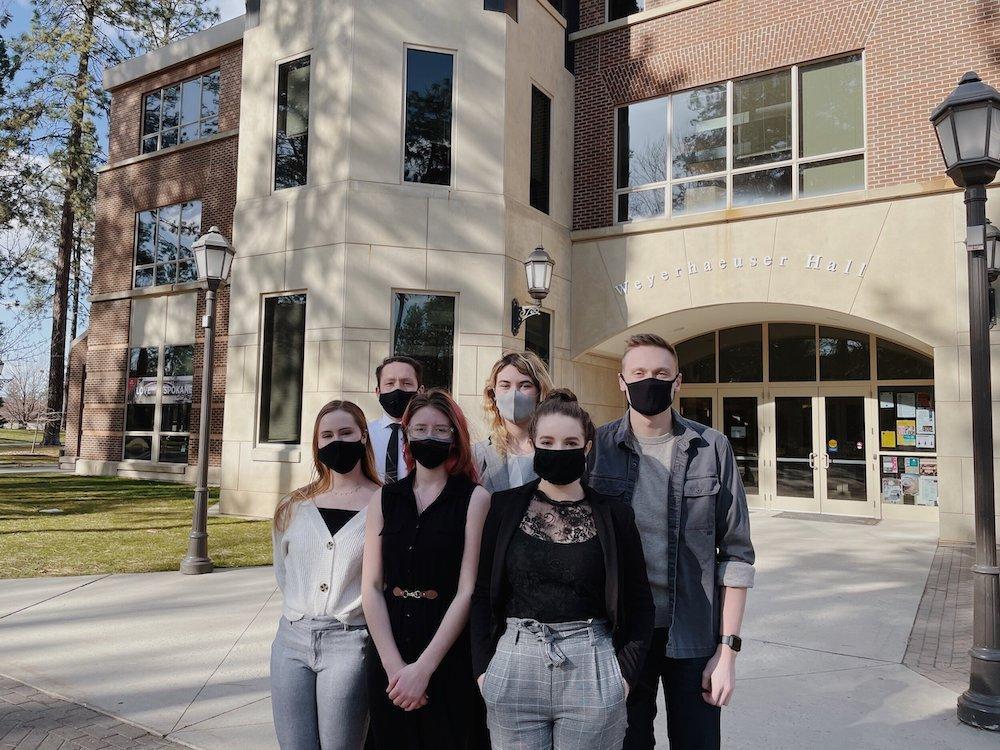Emma Maple | Staff Writer
President Biden announced April 26 that he would provide India with the necessary resources in their fight against COVID-19.

Dr. Craig Klugman, professor of bioethics and health humanities at DePaul University, said that India’s outbreak is an “unmitigated humanitarian disaster,” with the country setting a worldwide record high for daily COVID-19 infections for five days in a row. Supplies are running low, and scientists are worried that the drastic outbreaks the country is experiencing may be evidence of a new COVID-19 variant. In fact, the crisis is so drastic that on April 30, Biden banned travel from India.
The decision to send India relief, although a baby step, is a necessary return to fulfilling the moral obligation that the United States has to help other countries.
The U.S. will send a range of supplies to India, including 60 million AstraZeneca doses – as soon as they are approved by the FDA.
Until recently, the Biden administration has been holding onto what Klugman calls “vaccine nationalism.” This is the idea that America needs to focus on itself before helping others.
This idea is evident in the extreme maldistribution of vaccines. Rich countries, such as the United States, only comprise 16% of the world’s population. However, these countries purchased over 60% of the vaccine supplies—which is why many third-world countries are now struggling to manage continued COVID-19 outbreaks.
The high number of vaccines purchased by the U.S. is also why we have so many resources sitting in storage. Klugman says that if you completely ignore the amount of both AstraZeneca and Novavax vaccines America has, our stockpile of Johnson and Johnson, Moderna and Pfizer would still be enough to inoculate every single American.
With these numbers, it’s easy to see that the U.S. has what Michael Artime, political science professor at Pacific Lutheran University, calls a “moral obligation[to] protect those who are less well-off.” While America’s focus so far has been on what Klugman calls the “unmitigated humanitarian disaster” of India, other countries such as Brazil and Turkey are also in great need.
Biden’s plan to help India is great, but it is only a tiny step. He needs to do more.
“Sixty million doses — that’s showing up to a four-alarm fire with an eyedropper full of water,” said Asia Russell, the executive director of Health GAP, a global AIDS treatment advocacy organization, according to The New York Times.
Artime says that in order to stop the COVID-19 crisis, it is “going to be a true international effort.”
America has taken a tiny, wobbling step toward helping others. However, we still need to realize our privilege and stop moving forward with such small strides.
We need to address this issue with one giant leap for mankind.














 Spokane?
Spokane?